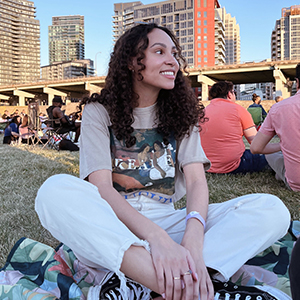
Tossing and turning in a desperate attempt to try and fall asleep is never fun. Whether it’s the stress of work keeping you up at night, or you’re partaking in revenge bedtime procrastination and staying up later than you should, it turns out the key to getting more shut-eye could be an age-old sleeping practice used by our ancestors.
According to a recent story from CNN, historian A. Roger Ekirch was researching nocturnal life in preindustrial Europe and America when he discovered evidence that humans used to sleep in segments. They would have a first sleep and second sleep with a few hours in between each chunk as a break to eat, socialize, have sex, pray and take medicine. This way of sleeping is called biphasic sleep, and up until a few hundred years ago, it was the norm.
Related: Poor sleep linked to mental illness, large-scale study says.
Adults need at least seven hours of sleep each night; however, 1 in 3 Canadian adults aged 35-64 are not getting enough sleep. So, could biphasic sleep be a solution? Not necessarily. Although waking up and falling back asleep is a problem that some people might have to deal with, doing a low-energy activity while awake to help relax before nodding off again isn’t a bad idea.
Russell Foster, a professor of circadian neuroscience at the University of Oxford, told CNN that he doubts biphasic sleep was a sleep pattern that would happen for everybody, and that no one should impose a regime of segmented sleep on themselves. Foster says the takeaway is that even if you wake up at night, that doesn’t mean you can’t fall back asleep.
If you’re wide awake in the middle of the night, skip scrolling on your phone, but instead opt for a relaxing activity. You might still be able to squeeze in your seven hours.
Related: How much sleep do you really need? This study breaks it down.


